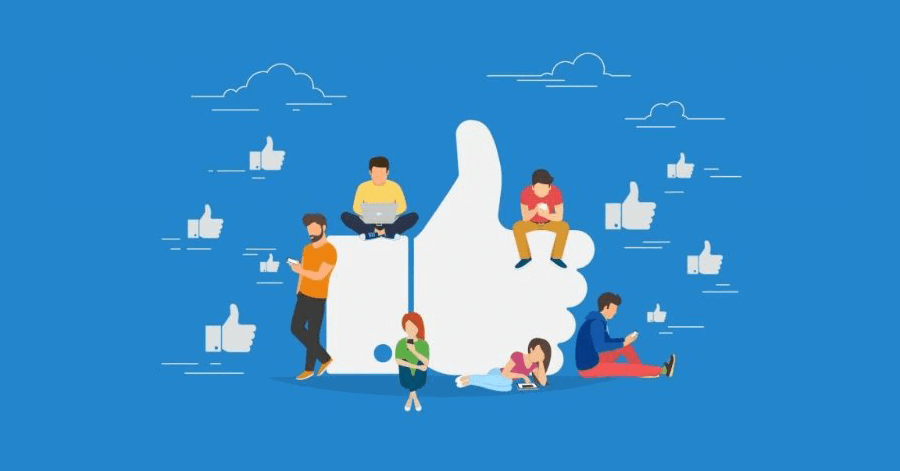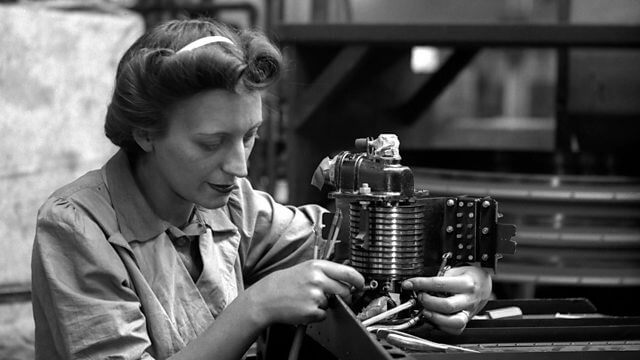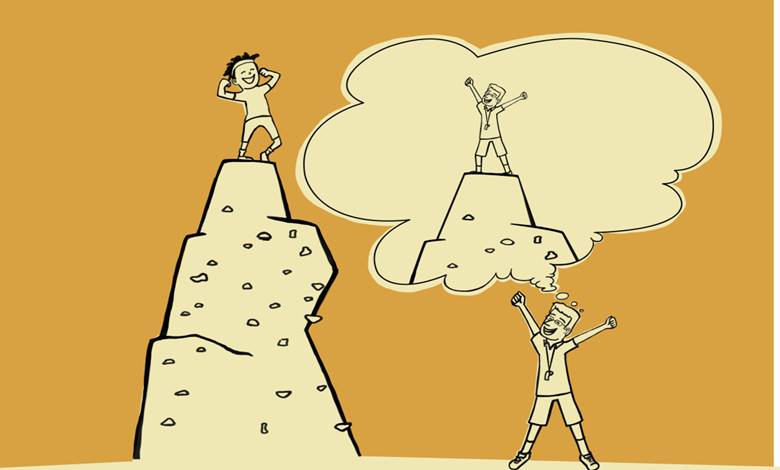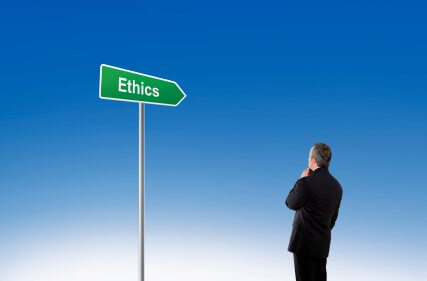Observed Humanity: The Hawthorne Study
A good impression… Our life philosophy, which shapes our lives in every field, influences our decisions and directs our lives, even though we don’t realize our lives.
The clothes we buy, the events we do, the movies we watch, the food we eat at expensive restaurants, our efforts to show them through continuous social media interaction, and more… All are for one purpose: to make a good impression, to have an important place in people’s thoughts, to feel safe ourselves and our social identities.
The impression, which has been important for years, of course, has penetrated deeper into our lives every day with social media and we have come to live for it. When we go to a place with our friends, during our holidays, at a special moment with our boyfriend / girlfriend, we always have a camera on our phone. It is as if it will disappear if we do not record that moment… As if there is only a moment belonging to us, it has no value when others do not see it …

Photographs that used to be taken so that the memory remains, have now become taken even out of trouble every second. Therefore, we live with the urge to always make a good impression. We are like the workers of the experiment Elton Mayo et al. Conducted in the 1930s. So who are these workers who resemble us even in the 1930s?
In those years, Elton Mayo and colleagues were investigating how the physical work environment affected employee productivity at a manufacturing facility at the Western Electric Company in Hawthorne. Mayo achieved unexpected results in his experiment to achieve the highest efficiency with optimum lighting. According to the results, the highest worker efficiency was always observed when the lighting was at its highest setting and at its lowest setting (in a light that is difficult to see as if working in moonlight) and in normal lighting setting. Of course, Mayo who achieved these results was surprised, such a thing was impossible! Later, in other studies of Mayo, working intervals – extension of working time etc. went to the shortening-change but again the results were the same. Whatever he did, the productivity of the workers was always high. Suspecting the results, Mayo concluded that another factor affected his research, and upon closer examination he realized that the employees were not affected by the physical environment because they were observed by Mayo and colleagues. This concept, first discovered by Mayo, was called the “Hawthorne effect”. Workers affected by Hawthorne thought that the studies were done to improve the working procedure and they were trying to show the best efficiency in all conditions because they knew they were observed. So what was important to them was to make a good impression on the researchers. They showed the high efficiency that they wouldn’t show if they didn’t know they were normally observed just because the researchers were watching them, in a way they acted. Just like we do with our lives on social media.



In fact, this Hawthorne effect in business life seems to be embracing the whole world right now. We all try to live perfect lives as if we are being watched by researchers, always want the best, dress the most beautiful, sit in the most wonderful places and also reflect these on our social media.
Have you ever noticed that when you go somewhere with your friends, after a two-second photo of laughing, everyone is buried back on the phone for sharing, to reply to incoming messages? Or when was the last time you got dressed without thinking about posting? Have you been enjoying the moment without taking any pictures for a long time? Did you stop and look at them with your own eyes, not from the camera of the phone, while you were photographing the beauty of the sky or the sea, perhaps birds?
Let me tell you, you probably couldn’t because it has become so normal to share our lives with the ‘researchers’ observing us that the sentence that appears in the corner of your mind when you are in the right taste of a moment is now: ‘I must share this.’

We’re acting like the workers acting in the Hawthorne effect now. We give everyone the perfect image of my life. We always present our happiest moments, the ones that will get the most interaction, and our best mood. Even if the researchers minimize the effect of light – like we experience negative events in our lives – we do not reflect it to the outside at all, maybe we only reflect it to our closest environment. Wherever you look at it, our lives unfortunately turn out to be a little insincere and a little hypocritical.
Our lives…
Our happiness, our entertainment, our holidays, our profiles…
Is it really our lives that we’ve shown?
Or are we all workers experiencing a hawthorne effect just because we are being observed?
Sources:
* Sosyal Psikoloji- David A. Myers
*Endüstri ve Örgüt Psikolojisine Giriş- Ronald E. Riggio


